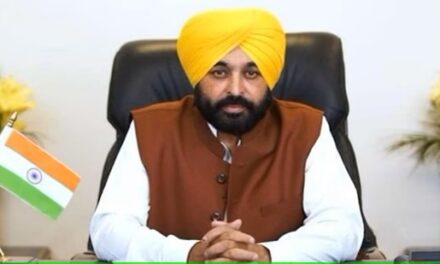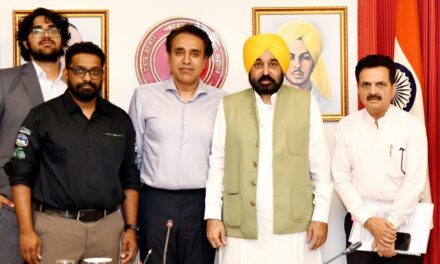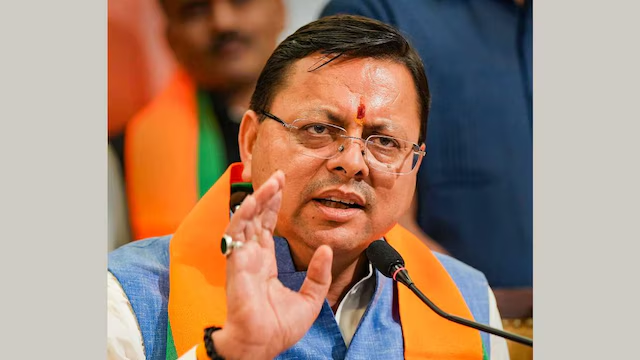On Friday, the research report on Uttarakhand’s Uniform Civil Code will be made public. By October, the state government will have the law into effect.
The unified civil code (UCC), enacted in Uttarakhand in February, was based on this research paper. To increase knowledge of the law and the reasons it was passed before it was put into effect, it will be posted on the official website of the state government.
The research report will be revealed at a press conference scheduled for 12.30 pm on this subject. A Times of India story claims that a commission led by former chief secretary Shatrughan Singh has finished formulating the guidelines for protocol and other issues pertaining to the UCC’s implementation.
Pushkar Singh Dhami, the chief minister, received an 800-page final report earlier in February from a five-member committee. In Uttarakhand, the UCC prohibits polygamy under Muslim personal law, excludes tribal communities from its jurisdiction, and has particular guidelines for cohabiting couples.
Here are a few standouts:
Marriage Age:
Women will now be able to marry at age 21, up from age 18.
Marriage Registration:
The UCC will require marriages to be registered.
Live-in Couples:
Notifying their parents will be required of live-in couples.
Halala and Iddat:
The UCC states that the phrases “halala” and “iddat,” which are frequently employed to resolve Muslim marital problems, are no longer in use.
Polygamy:
According to Muslim personal law, the UCC forbids the practice of polygamy.
Divorce Rights:
The draft grants every man and woman, regardless of religion, the same grounds and rights to file for divorce.
Population Control:
It has been claimed that the Uttarakhand UCC has suggested capping the number of children born.




